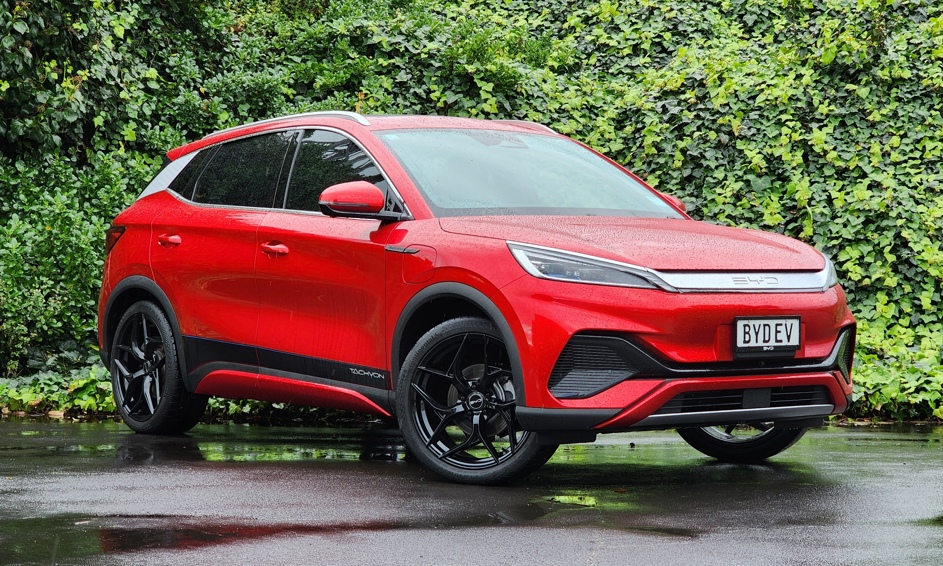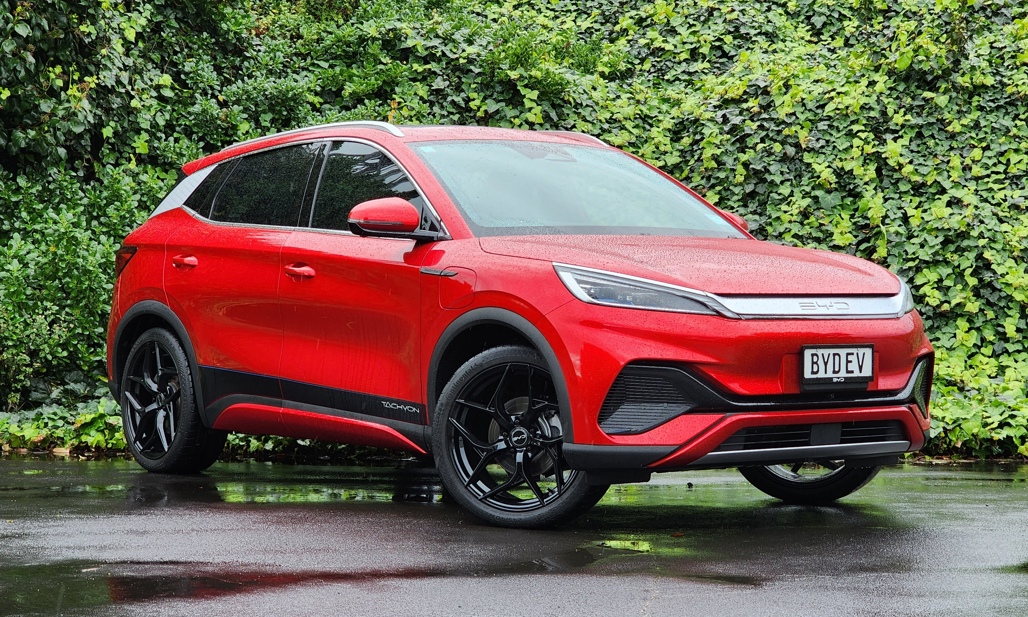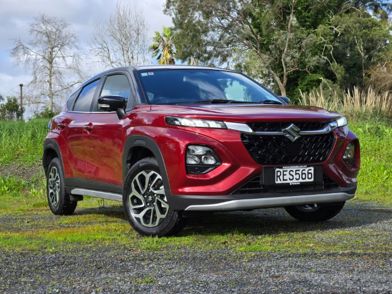In a seismic shift for the automotive industry, China's BYD is poised to claim the crown as the world's leading battery electric vehicle (BEV) manufacturer, likely dethroning Elon Musk's Tesla from the top spot as soon as this quarter. This milestone signifies not only BYD's meteoric rise but also the rapid ascent of Chinese carmakers on the global stage.
A long time coming
Once an obscure name in the car world, BYD has come a long way since its humble beginnings in 1995. Initially focused on rechargeable batteries, the company later ventured into car production, starting with models lacking in design flair but boasting affordability. However, a combination of strategic partnerships, cost-efficient manufacturing, and crucial government support fueled BYD's expansion.
Everything in its favour?

One of BYD's key strengths lies in its vertically integrated production model. By controlling the entire chain, from batteries and semiconductors to car assembly, the company can churn out cost-effective BEVs like the Seal and Dolphin (our 2023 BEV of the Year) at significantly lower prices than Tesla's offerings. This affordability has become a major weapon in BYD's arsenal, particularly in its home market of China.
While Tesla remains a formidable competitor, its premium pricing and recent production challenges have created an opening for BYD. The Model 3, Tesla's most affordable car, still stands considerably pricier than BYD's comparable BEV models in China. This price gap gives BYD a crucial advantage in capturing a wider market share.
Global ambitions

However, BYD's ambitions extend far beyond China. The company is actively expanding its global footprint, with recent launches in diverse markets like Japan, Vietnam, and Brazil. Even in New Zealand, BYD has seen surprising success, quickly becoming a ubiquitous EV brand and even snagging our 2022 Best Clean Car BEV of the Year award for its Atto 3 model. This worldwide push signals BYD's determination to rewrite the electric car landscape.
But staying at the top won't be easy. Europe and the US pose challenges with rising tariffs and nascent BEV markets. Additionally, new competitors like Nio and Xpeng are hot on BYD's heels, pushing the company to constantly innovate. To maintain its lead, BYD must further invest in advanced technologies like automated driving, a feature lacking in its current affordable models.
What's next for BYD?

It's crucial to note that BYD's "EV" sales figures in previous years included hybrid electric vehicles (HEVs) alongside BEVs. However, the company has recently clarified its reporting to focus solely on BEVs, ensuring a more accurate comparison with Tesla and other pure-electric players. This shift further underscores BYD's commitment to true zero-emission mobility and solidifies its impending overtake of Tesla in pure BEV sales.
And although the gap is closing quickly (and by many indications will soon reverse), Tesla still holds a lead in BEV sales. As of October 2023, Tesla's global BEV deliveries for the year stand at around 545,000, compared to BYD's estimated 480,000. BYD must maintain its strong sales figures to leapfrog Tesla this year and beyond.
But despite the roadblocks, BYD's rise symbolises a fundamental shift in the automotive landscape. Chinese carmakers are no longer content to be followers; they are now driving the future of electric mobility with innovation, affordability, and a growing global presence. With BYD leading the charge, the coming years promise exciting competition and a new era of electric mobility.








